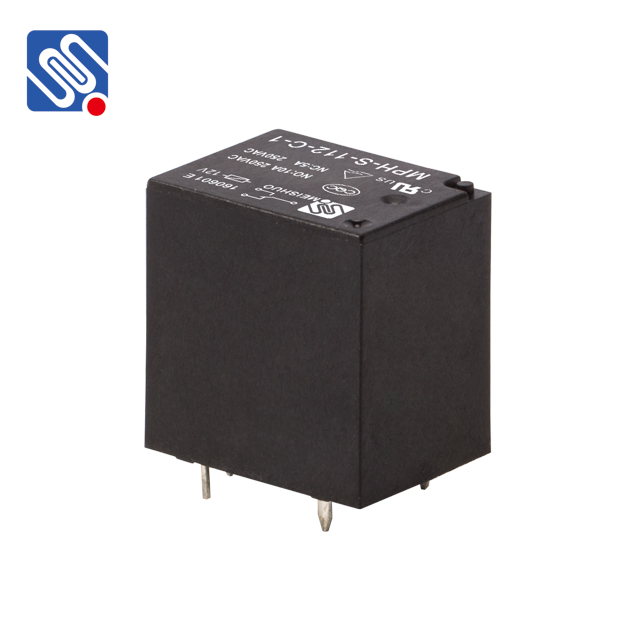Relay functional testing is a critical process used to verify the performance and reliability of relays in various applications. Relays, which are electromechanical or solid-state devices that control electrical circuits, are widely used in industries such as telecommunications, automotive, industrial automation, and power distribution. Their primary function is to switch electrical loads on and off in response to an external control signal. Ensuring that these devices perform as expected is essential to maintain the smooth operation of the systems they are part of. This article explores the importance, methods, and various aspects of relay functional testing.

The Importance of Relay Functional Testing Relays are integral components in numerous systems, where their primary role is to ensure that electrical circuits are safely and reliably controlled. Given the crucial nature of their task, relay failures can lead to system breakdowns, equipment damage, or even hazardous conditions. Thus, relay functional testing is performed to assess whether a relay operates according to its specifications and to verify its endurance under various conditions. Testing a relay involves checking its ability to handle the required electrical loads, as well as its mechanical and electrical switching operations. Relay functional testing ensures that the device performs correctly and remains reliable over time. Without rigorous testing, it would be difficult to predict the relay’s behavior under real-world operating conditions, which could ultimately affect the performance of the entire system.